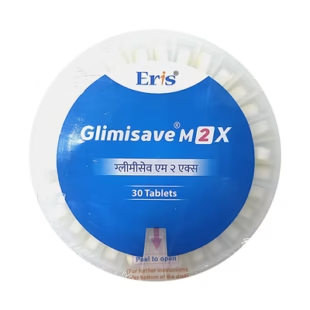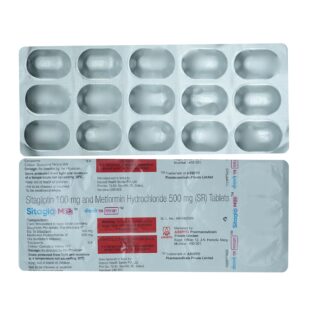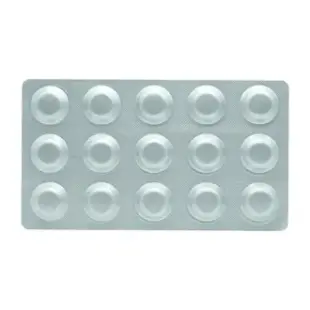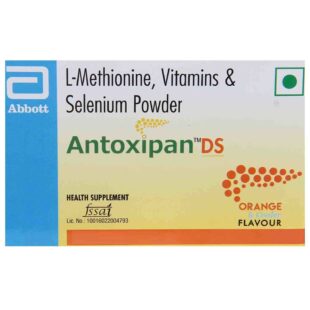- Your cart is empty
- Continue Shopping
Rtsunet 60 mg Vial is an anti-cancer medicine used in the treatment of certain types of cancers, particularly lung cancer and other solid tumors. It works by stopping or slowing the growth of cancer cells, thereby preventing their spread to other parts of the body. This injection is given under the supervision of a qualified healthcare professional in a hospital or clinical setting.
Uses of Rtsunet 60 mg Vial
• Treatment of non-small cell lung cancer (NSCLC)
• Treatment of other solid tumors as recommended by the doctor
• Control of cancer progression and prevention of spread
Benefits
Rtsunet 60 mg Vial targets and blocks specific proteins involved in cancer cell growth. By interfering with these proteins, it helps stop the multiplication of cancer cells and reduces tumor size. This medicine may improve survival chances and quality of life in patients with advanced cancer.
Possible Side Effects
Like other cancer medicines, Rtsunet 60 mg Vial may cause side effects. Most are manageable with supportive care. Common side effects include:
• Fatigue or weakness
• Nausea and vomiting
• Loss of appetite
• Diarrhea or constipation
• Low blood cell counts (risk of infection, anemia, or bleeding)
• Mouth sores
• Skin rash or itching
• Hair thinning
Seek medical help immediately if you experience severe allergic reactions, persistent fever, or uncontrolled bleeding.
How to Use
Rtsunet 60 mg Vial is given as an intravenous (IV) infusion by a doctor or trained nurse. The dose and duration depend on the type of cancer being treated, body condition, and response to therapy. Do not self-administer.
How it Works
Rtsunet 60 mg Vial contains a chemotherapy/targeted therapy agent that blocks the action of abnormal proteins responsible for cancer cell growth. By slowing down or stopping their activity, the medicine prevents tumor progression and helps control cancer spread.
Safety Information
• Alcohol: Avoid alcohol during treatment, as it may worsen side effects
• Pregnancy: Not safe during pregnancy; may harm the unborn baby
• Breastfeeding: Not recommended while on treatment
• Driving: Avoid driving if you feel weak, dizzy, or tired after treatment
• Kidney: Use with caution in kidney patients; dose adjustment may be required
• Liver: Regular monitoring is needed as the medicine may affect liver function
Missed Dose
Since this injection is given by a healthcare professional, missed doses are unlikely. If a scheduled dose is missed, consult your doctor immediately for further instructions.













Reviews
There are no reviews yet.